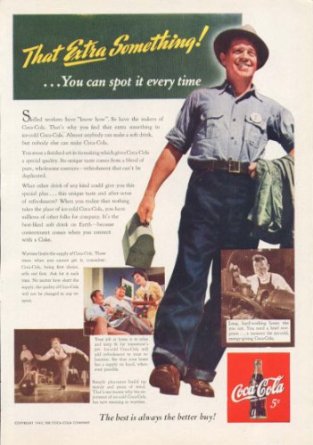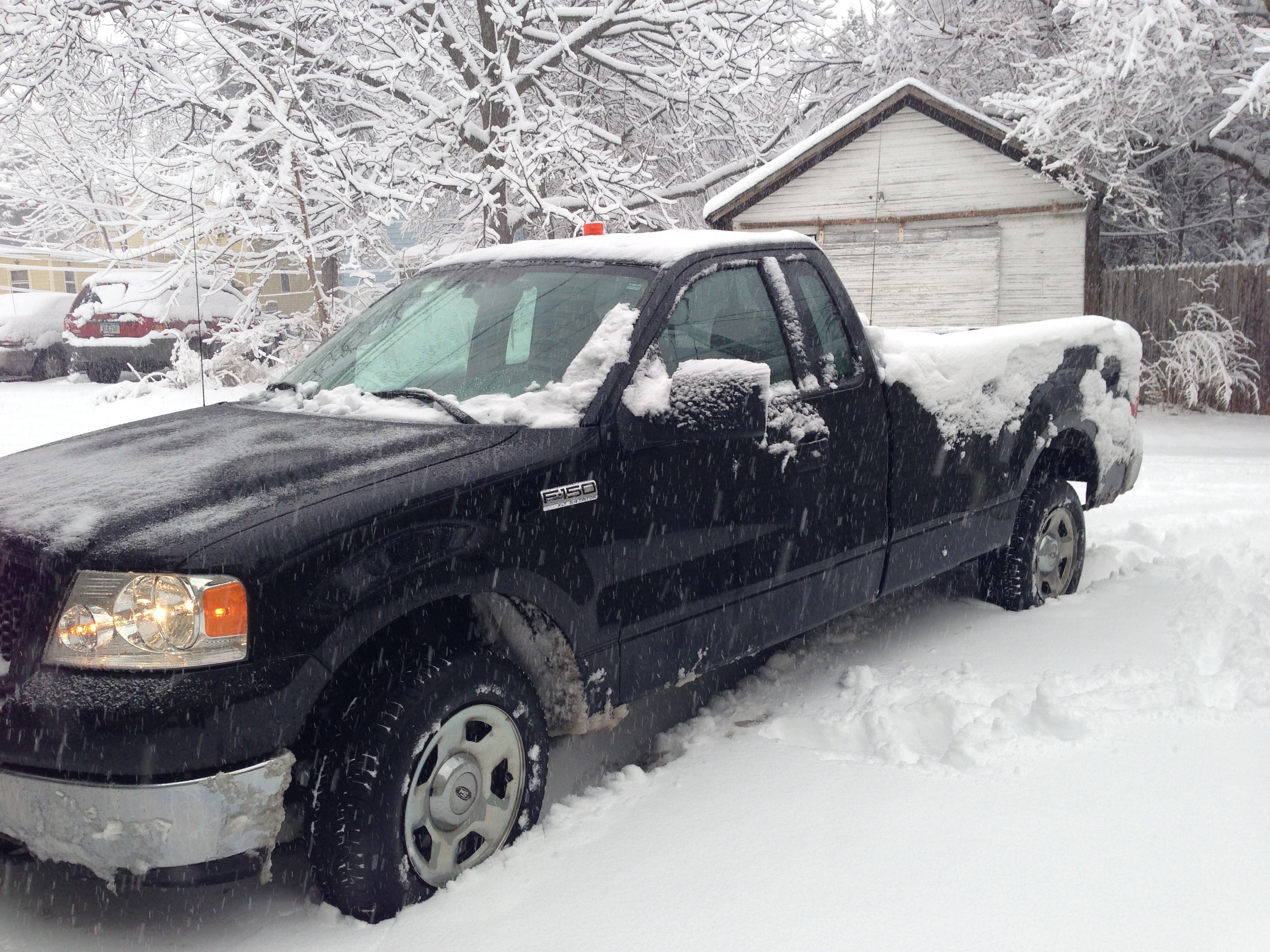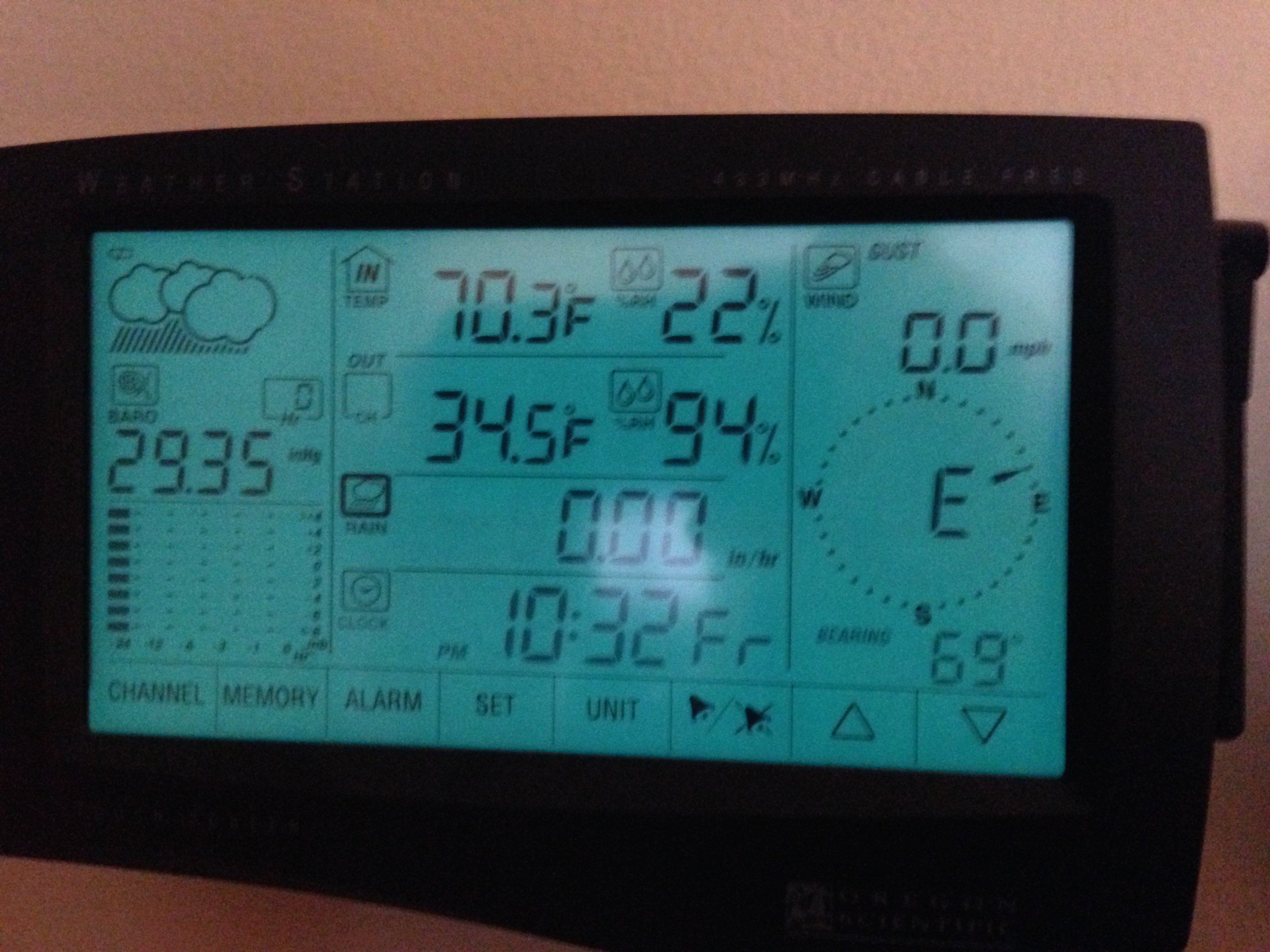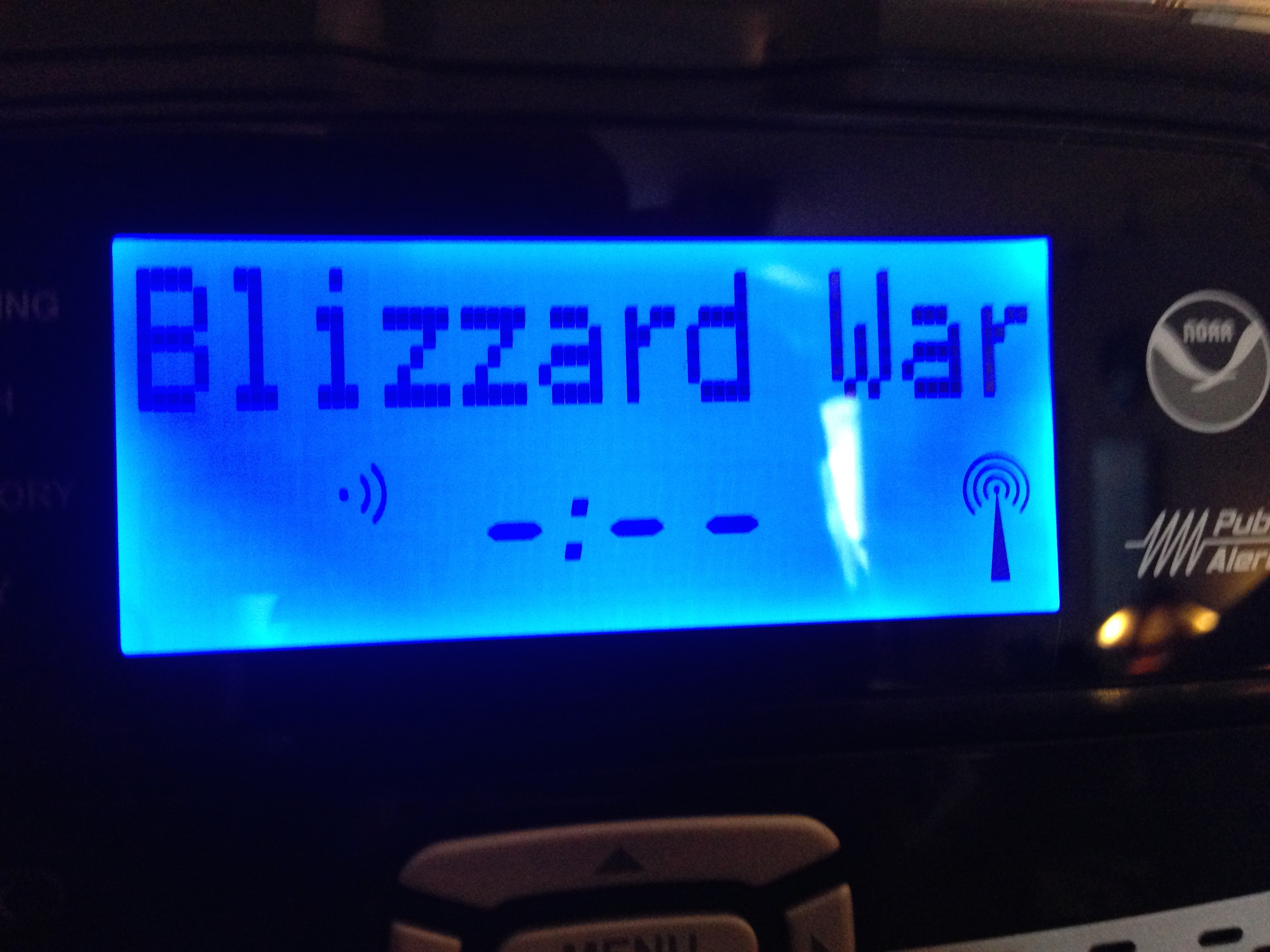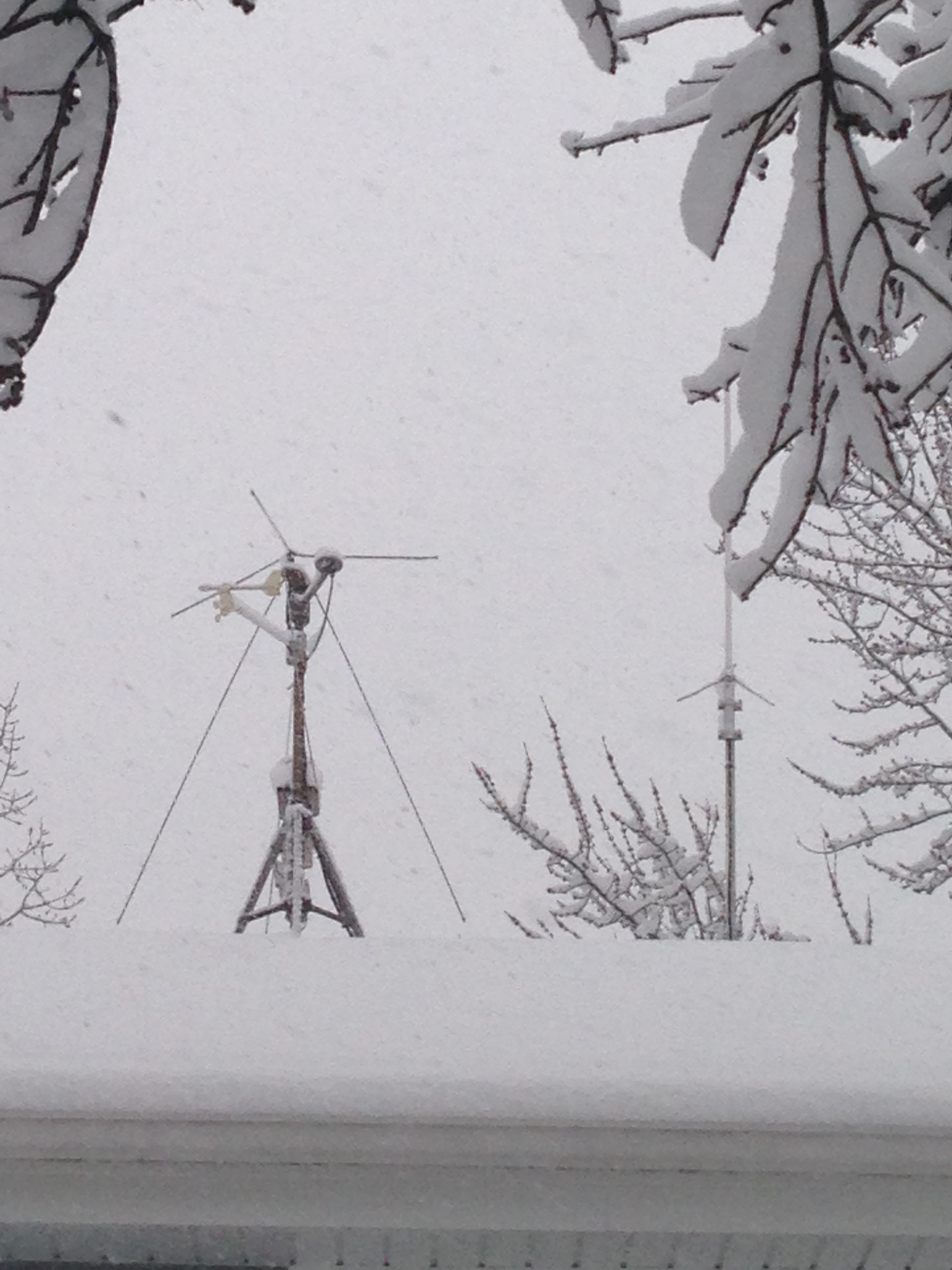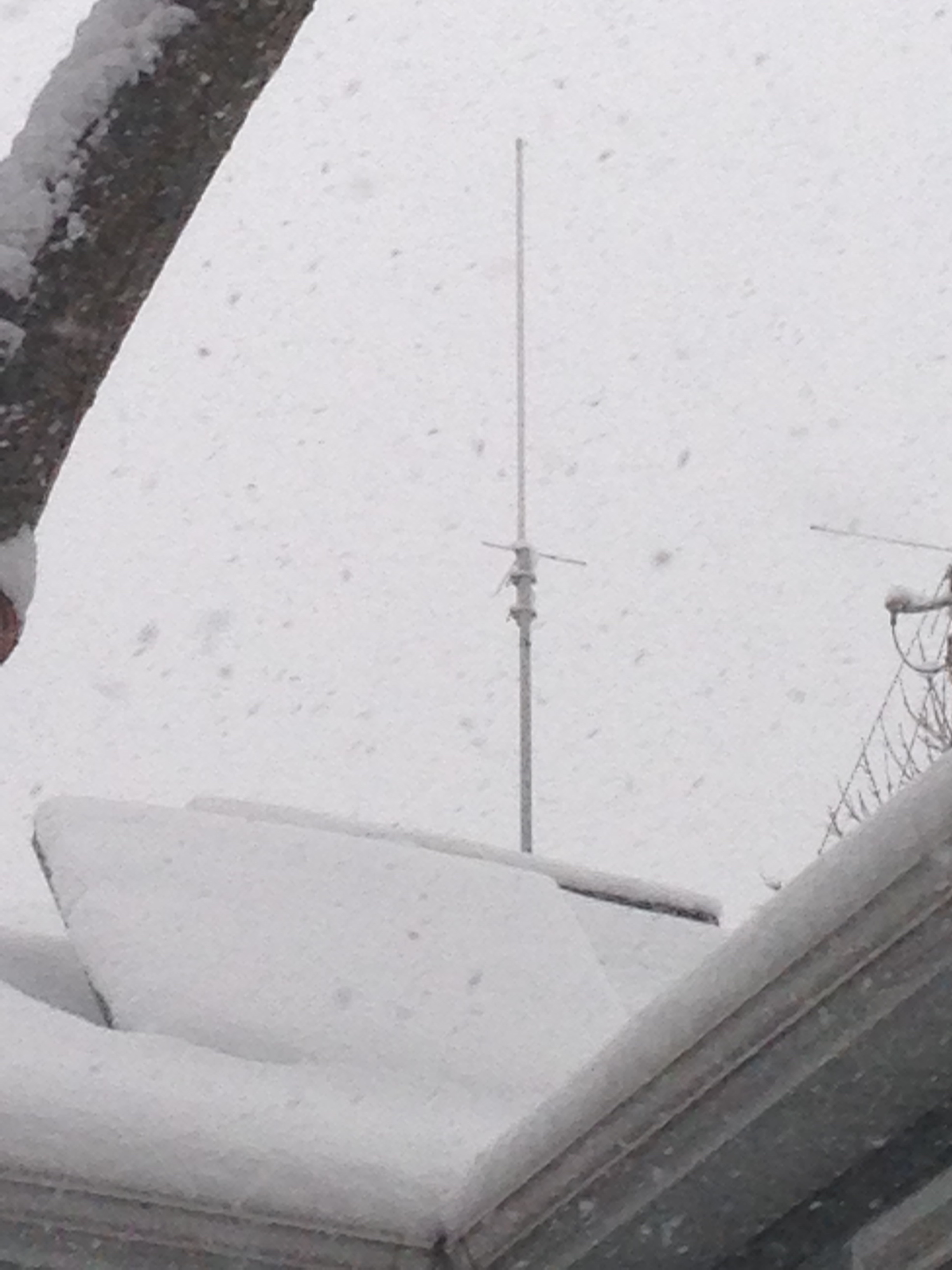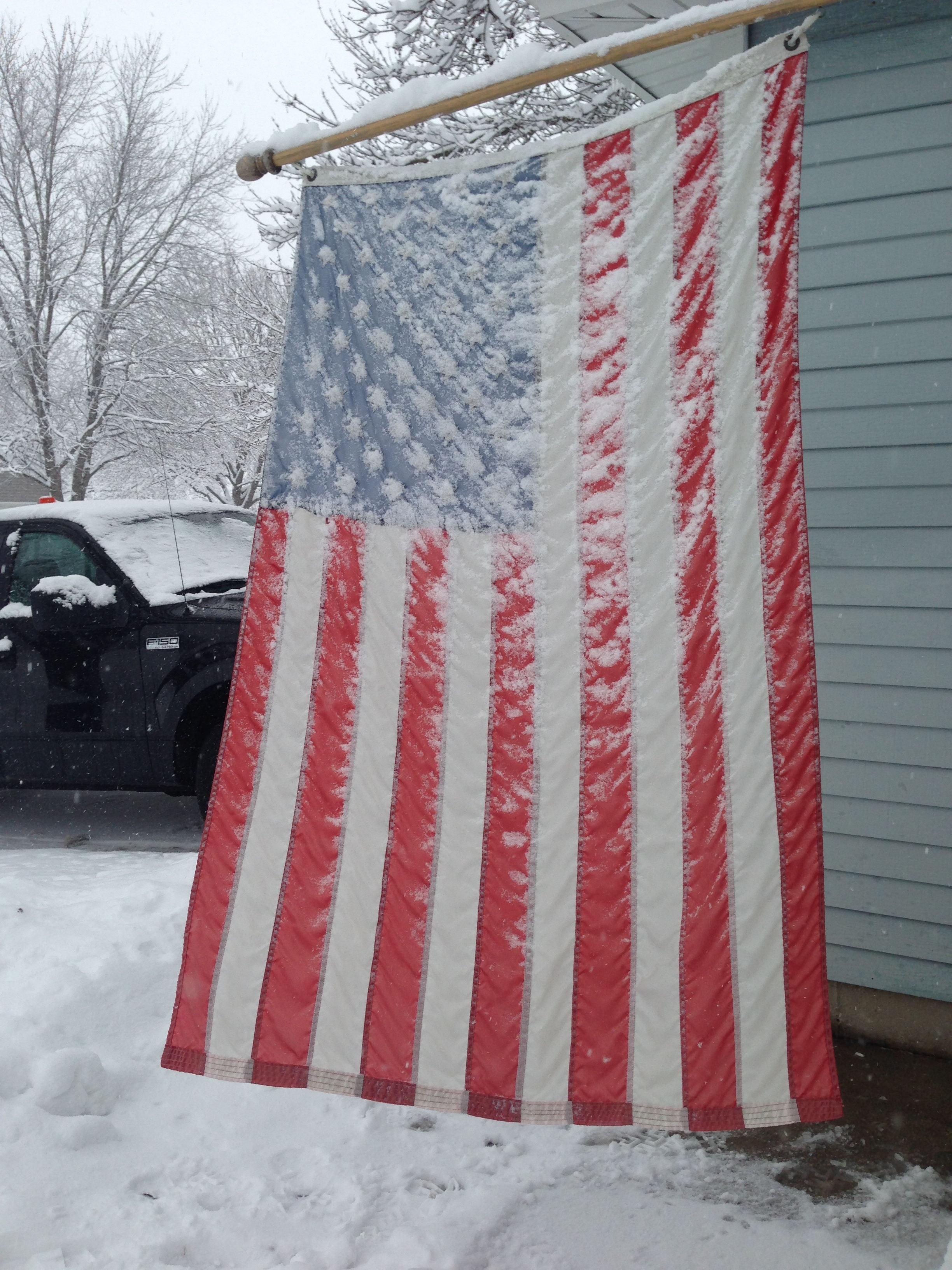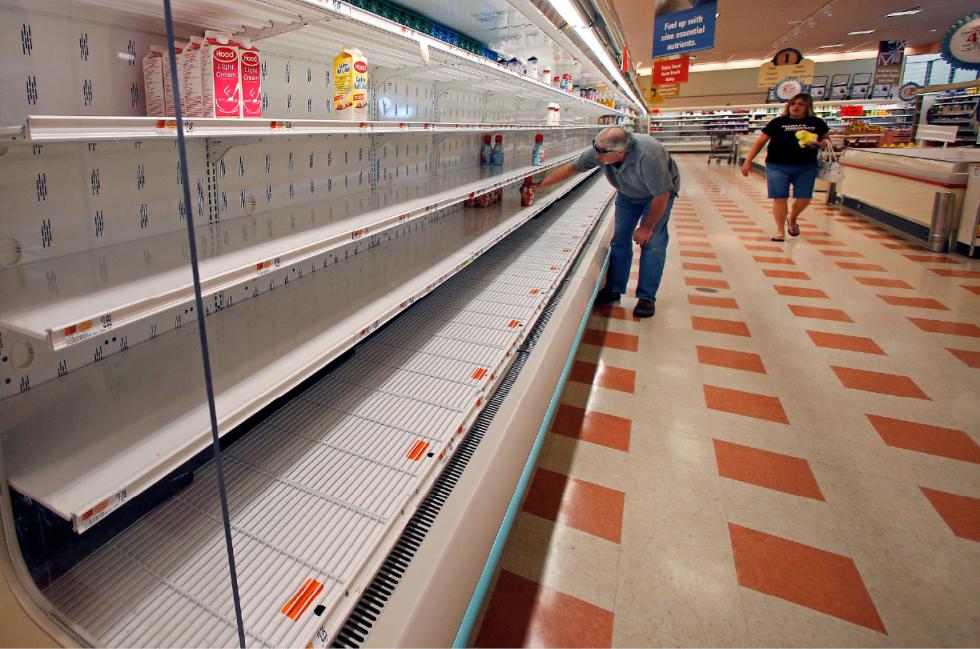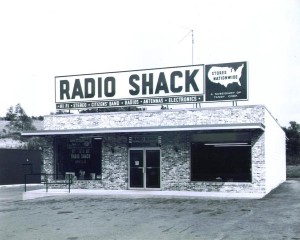By: Chris Warren
For over a generation green energy has been the exclusive domain of the liberal left. The reasons why could run thousands of pages, but the oversimplified explanation is that clean energy is not economically viable and suitable only in niche applications. It is not cash flow positive nor does it have mainstream practicality, and therefore depends on government subsidies and complex protective legislation. Add that to the liberal foundational doctrine that feelings matter more than actually getting something done, and clean energy becomes a natural fit for them.
That was then and this is now. Renewable energy, particularly solar, is on the cusp of becoming technically and financially competitive with traditional fuels. The left hasn’t noticed –yet– that free market libertarian ideas are pushing it over the line (note: liberal and libertarian are not the same thing). How long this ignorant bliss will continue is uncertain, and I’m not sure it matters. What is certain is that just a year or two ago, the idea of two groups who so sorely disagree on everything else setting it all aside and joining forces to make solar energy go primetime would have been found only in a Saturday Night Live comedy sketch.
A nascent movement is gaining traction down in Florida where liberals and conservatives are in an unlikely collusion to pass legislation that would allow any private citizen to install solar panels on their home or business and sell the electricity for profit on the open market. In essence, they would become a miniature power company. As the law is right now, only state registered commercial utilities can sell juice. The new rules, if passed, would let anyone in on the action.
It is encouraging to see solar energy get the boost it so rightfully deserves, and let it be noted that all of this is unfolding without government subsidies, handouts, or special legislative favors. The plan does not officially break up the power company monopoly, but is it really a monopoly if anyone can do it? To be sure, Florida’s proposal is no magic answer. There are a lot of holes in the plan, and we are long away from completely powering our society with sunbeams and happy thoughts. Still, there is almost nothing negative about this initiative.
Conservatives should further their cause by spreading the Florida example elsewhere. Finding a reason not to do something is easy. It takes thought and effort to confront problems and find a path through them. Since the beginning of the clean energy movement, the right touted a long list of reasons why green energy would not work for mainstream use, and to be fair, for most of that time they had a valid point. Now there is a foot in the door that addresses many of these concerns. Here is the conservatives’ big chance to show everyone that free market solutions really do work.
Regardless of how the Florida experiment plays out (it has not even been passed into law yet), liberals are faced with no course to steer around the reality that decades of government largesse and mandates has failed to make solar a legitimate option. And I’m certain I’m not the only free market supporter who is taking some quiet pleasure seeing progressives forced into a position where, in order to achieve their long time goal of widespread renewable energy, they will have to admit that their other long time goal of solving the renewable energy “problem” with more government spending and regulation is a total failure.
The way I read this, two causes liberals covet (green energy and big government) have been turned against each other. Well played, tea party! Well played! Not only are conservatives stealing a worthwhile but horribly mismanaged liberal issue and making it work with capitalist policy, the liberals are cheerfully going along as if they were helping load their own stuff into a burglar’s getaway car. In this case the thief is doing the victim, and everyone else, a huge favor.

